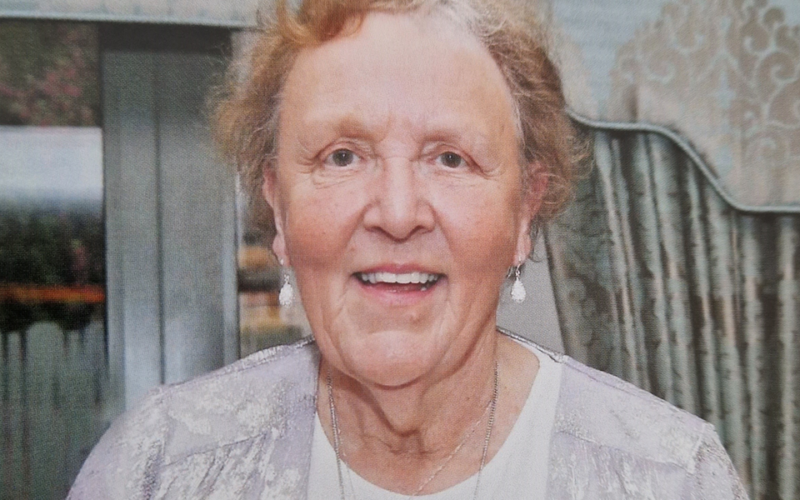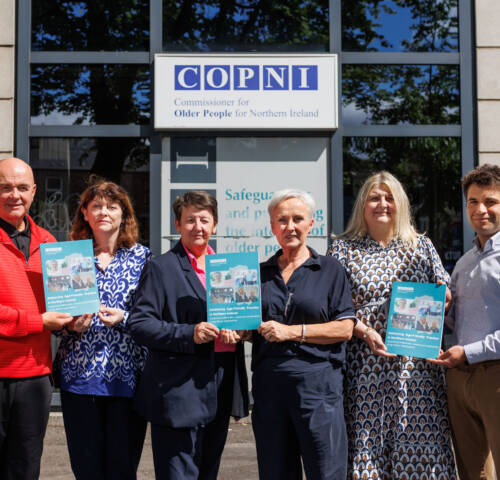According to a report by Age UK, the number of over-50s experiencing loneliness is set to reach two million by 2025/6. This compares to around 1.4 million in 2016/7 – a staggering 49% increase in 10 years.
Unfortunately, older people are especially vulnerable when it comes to feeling lonely or isolated. This can be due to a number of factors.
In 2019, COPNI conducted research on loneliness and isolation with over 150 older people across Northern Ireland to hear first-hand their experiences of loneliness and social isolation. Some of the most common reasons they gave for feeling lonely were:
living alone (death of spouse)
family had moved away
less human/face to face interaction
poor health/mobility/disability
fear of leaving house in case they get burgled
lack of transport; particularly in rural areas
poor finance
generational gaps
Whatever the reason, feeling lonely can be really damaging to your health, not only can it lead to depression but many studies have shown loneliness is bad for our physical wellbeing too.
Facts about loneliness
Loneliness is often linked to social isolation, but it is not the same thing. Social isolation is objective. It describes the quantity of social connections and relationships that someone has. Loneliness is more about a person feels and is therefore more difficult to measure.
1 in 3 people in Northern Ireland feel they are more often lonely than not - Based on latest population estimates, this roughly equates to more than 500,000 people.
Chronic loneliness affects 1 in 20 people in Northern Ireland or approximately 80,000 people.
Where to get help
If you’re feeling very anxious or depressed or struggling to control your feelings of loneliness, talk to your GP or call a helpline like Samaritans (116 123) to talk about what’s worrying you.
There are also organisations that can help with specific problems, such as:
Cruse Bereavement Care - 0808 808 1677 or www.cruse.org.uk
Relate for relationship counselling - 0300 100 1234 or relate.org.uk
The Silver Line -0800 470 8090, www.thesilverline.org.uk – a helpline specifically for older people, providing emotional support and advice.
Age NI, with the support of the Commissioner for Older People for Northern Ireland, launched a ‘Check in and chat’ telephone service last year - on 0808 808 7575 Or email info@ageni.org
Warm Well Connected Service:The Healthy Living Centre Alliance deliver a host of online workshops and programmes to help people get connected and learn new skills.
The Good morning service -it provides reassurance to older people through free, confidential daily telephone calls and support – find the number for your area here
Other tips on dealing with loneliness
Get out and about
If you can get out and about, use your free bus pass and visit old friends, reach out to someone you’ve lost touch with.
Join in
Join the University of the Third Age (U3A) it operates in many areas across NI offering older people the chance to learn something new and meet new people. Find your local U3A here
Get online
A computer can be a great way to stay in touch, via email, social media, skype or zoom calls. Not adept at using a computer? Local libraries and community centres often host training sessions on learning basic computer skills. Check in with your local library or council.



